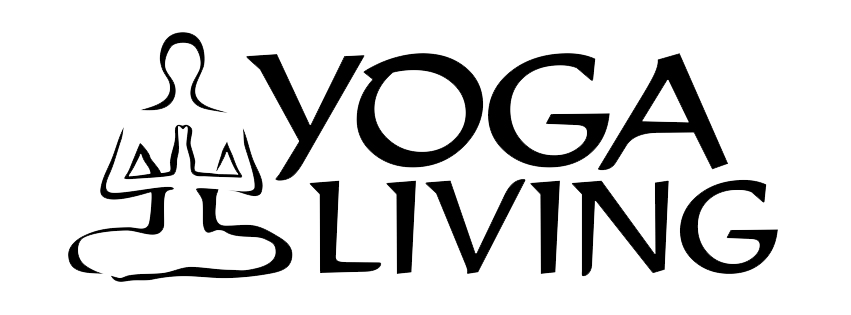As a student, I have taken many different types of yoga classes, and the classes that leave me feeling like I got a great workout and work-in, feeling empowered and accomplished are the power vinyasa and Baptiste’s Journey Into Power classes. When I take a sweaty vinyasa power class, I’m challenged and receive a full body workout with optimal results. Vinyasa power classes leave me feeling more connected, centered, aware, accepting, present, peaceful and in general, mentally and emotionally better. No matter how many times I do the same pose, there’s always room for growth and adjustment. Some days I modify and some days I’m taking an advanced version. Some days I feel like a graceful swan or a powerful badass, and some days not so much. My yoga practice is a continual unlearning and learning that requires stepping up to the edge of my comfort zone by being physically and mentally challenged. Baron Baptiste teaches us to put our focus on what we want to transform, the areas of our life we want to change or where we want to grow in our practice. The effort made on the yoga mat, both physical and mental, builds inner strength and helps us through life’s challenges, thus transforming our way of being. B.K.S. Iyengar said that it is through the alignment of his body that he discovered the alignment of his mind, self and intelligence.
More difficult than the physical asana is often bringing the yoga practice off the mat and into our lives. Along with meditation and prayer, Baptiste Yoga encourages self-inquiry, which in my opinion, is the most challenging work. Self-inquiry requires an inner listening and leads us to a better understanding of ourselves. It peels back layers, tears down walls, sheds light on things we’ve buried deep down, and it gets messy and uncomfortable. The self-inquiry part of my practice has helped me work through grief and dismiss negative beliefs and unhealthy thoughts. I’ve discovered joy, gained self-love, and have become more authentic, enabling me to empower others and better connect to my students and people around me. All this transformation starts with awareness and connection to self on your mat through the challenge of holding or flowing through the vinyasa power asana.
When students are on their mat practicing yoga, the first thing that must go is their thoughts. Yoga is a feeling practice, not a thinking practice, so it requires you to come out of your head and into the physical sensations in your body, as you work on breath and focus. The depth of your practice depends on your mindset, your connectedness to self and your willingness to learn, both the postures and what the postures teach you about yourself. And, regardless of how many times you have done a particular pose, there is always the smallest adjustment that can make a big difference in your experience in that pose. During yoga class, you’re not just practicing breath, movement and stillness. As you hold postures, flow through Sun A’s and Sun B’s, and meet with resistance and fatigue, you also are practicing patience, perseverance, integrity, compassion, acceptance and more. All these things follow you off your mat and into your daily life.
Your yoga mat should be a place to not only get a physical workout and sweat, but also a non-judgmental, non-critical and safe space to practice, focus and breathe. As our awareness grows in our practice, our postures grow. We connect to our center and we start to honor ourselves. From that center we find our truth, and from that truth, our words, thoughts and actions flow out of us, often with more compassion and humility.
Like my mission statement states, my yoga students receive more than a physical workout; they receive connection and inspiration to guide them along their journey of physical, emotional, and spiritual transformation, both ON and OFF their mat. Through focus on breath and presence on your mat, doing the physical asana and the inner work, my classes will make you stronger, physically and mentally, more flexible, and overall, a better version of yourself. It is hard because what doesn’t challenge us doesn’t change us.
